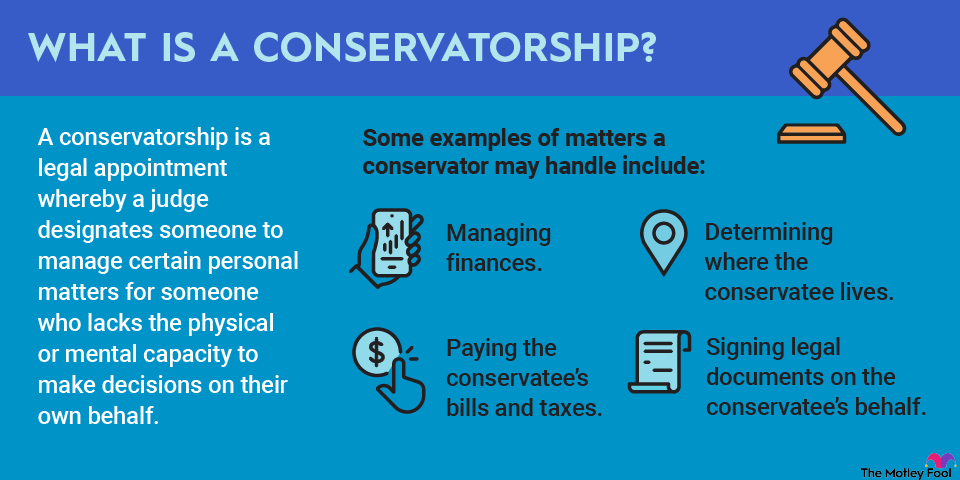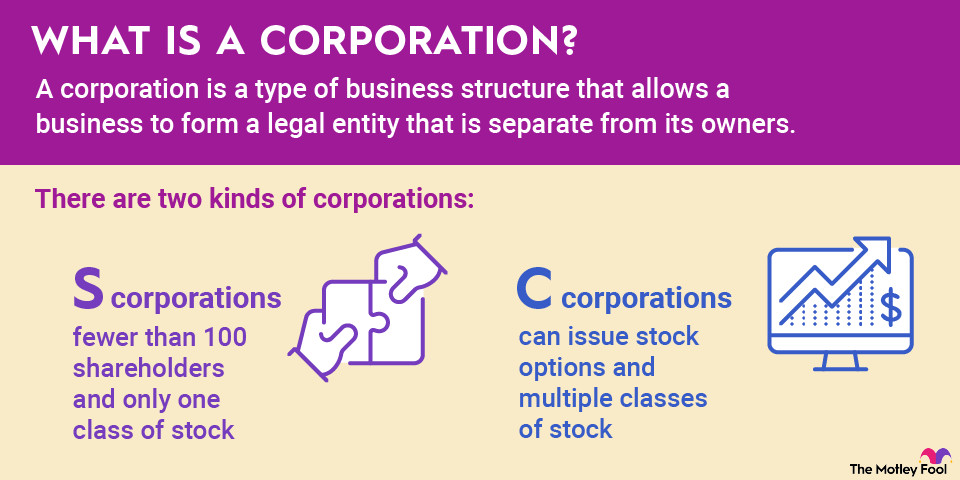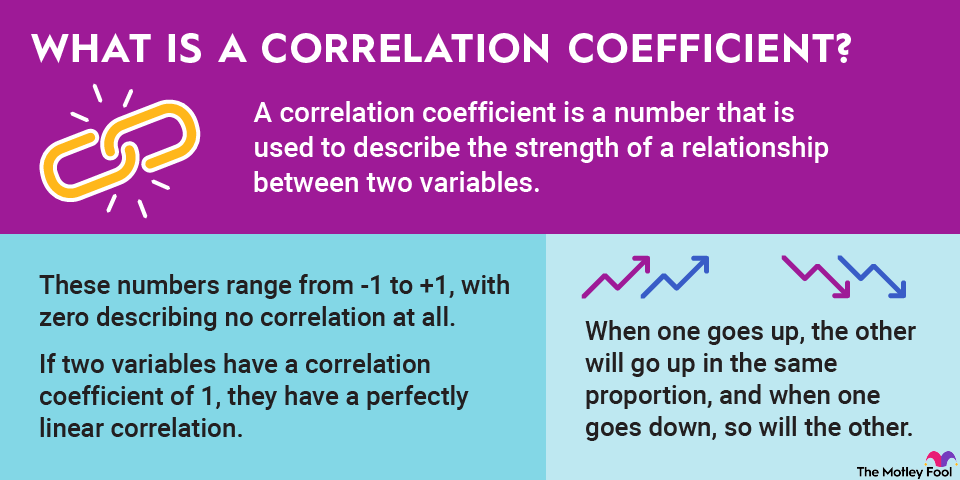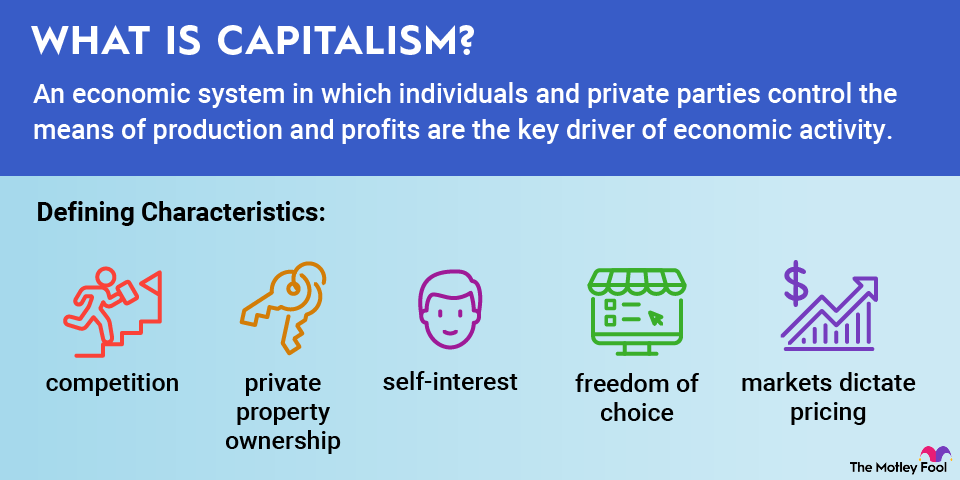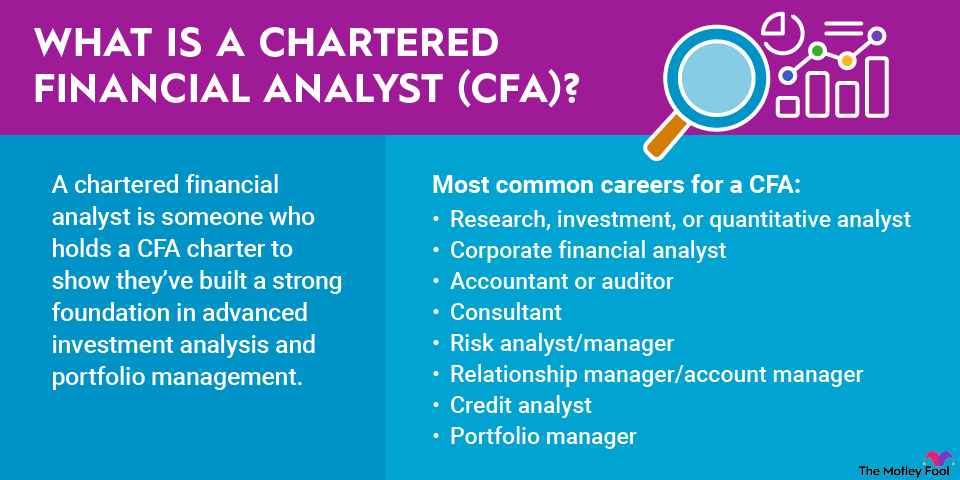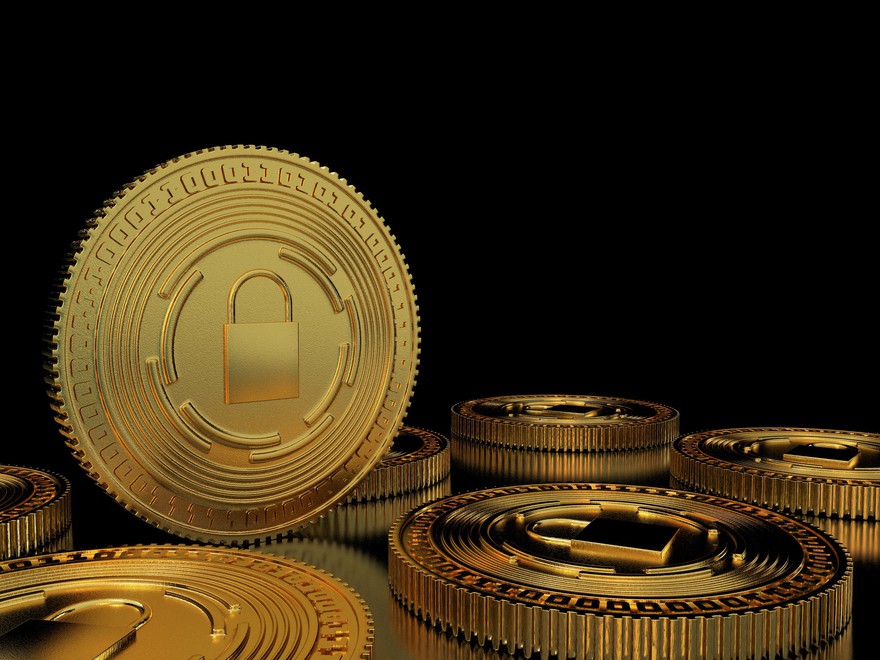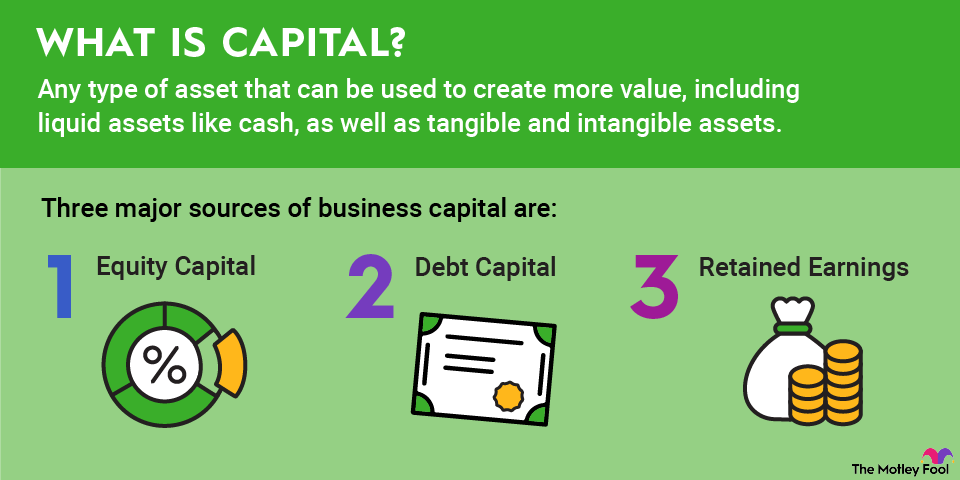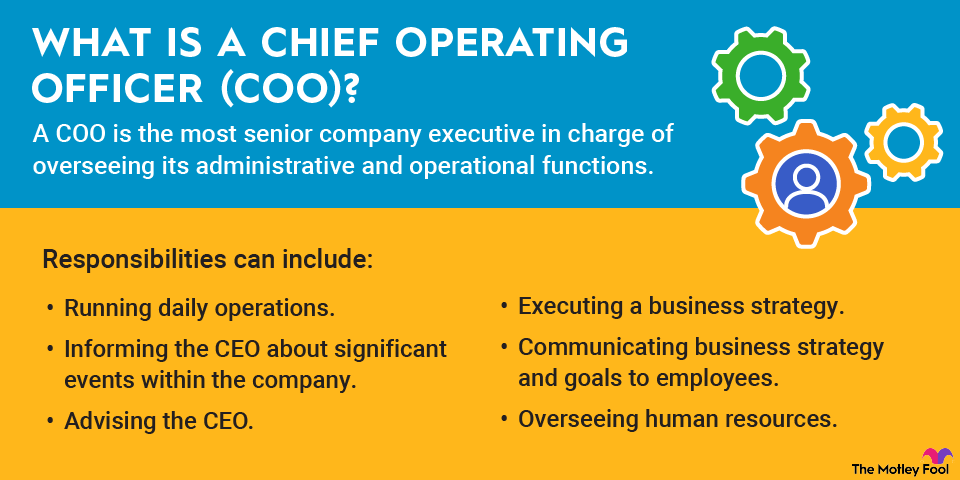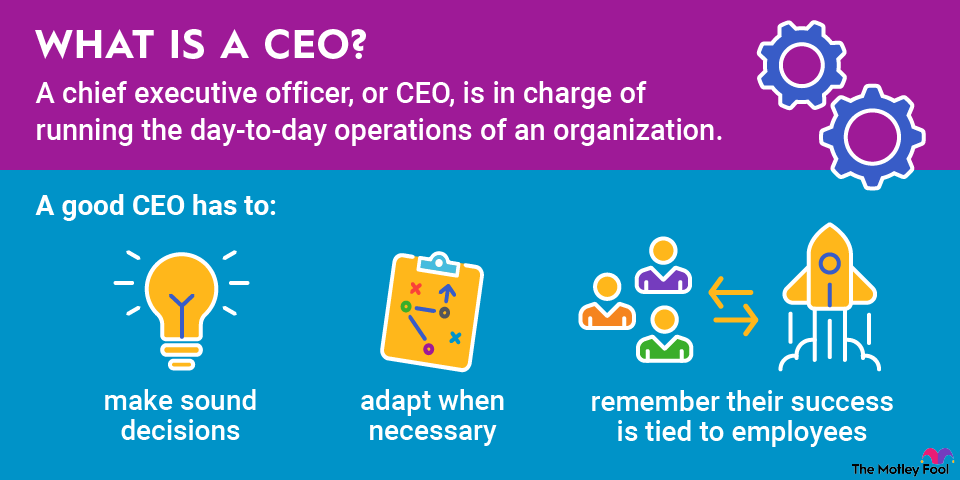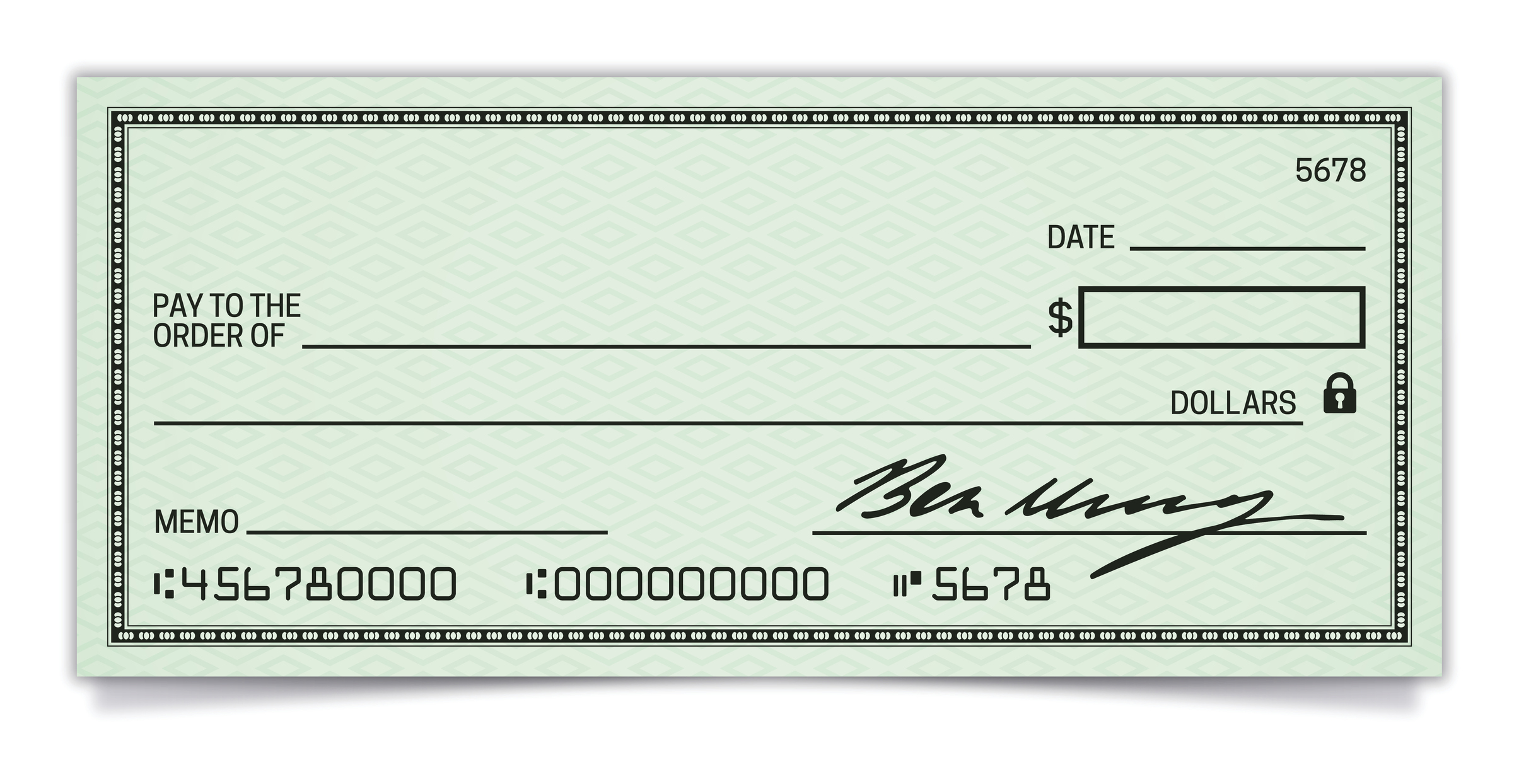When it comes time to borrow money for a big purchase, you'll have a lot of choices to make. One of those may be whether or not to use a collateralized loan. Choosing to put up collateral for your borrowing can make a huge difference in how difficult it is to secure financing.
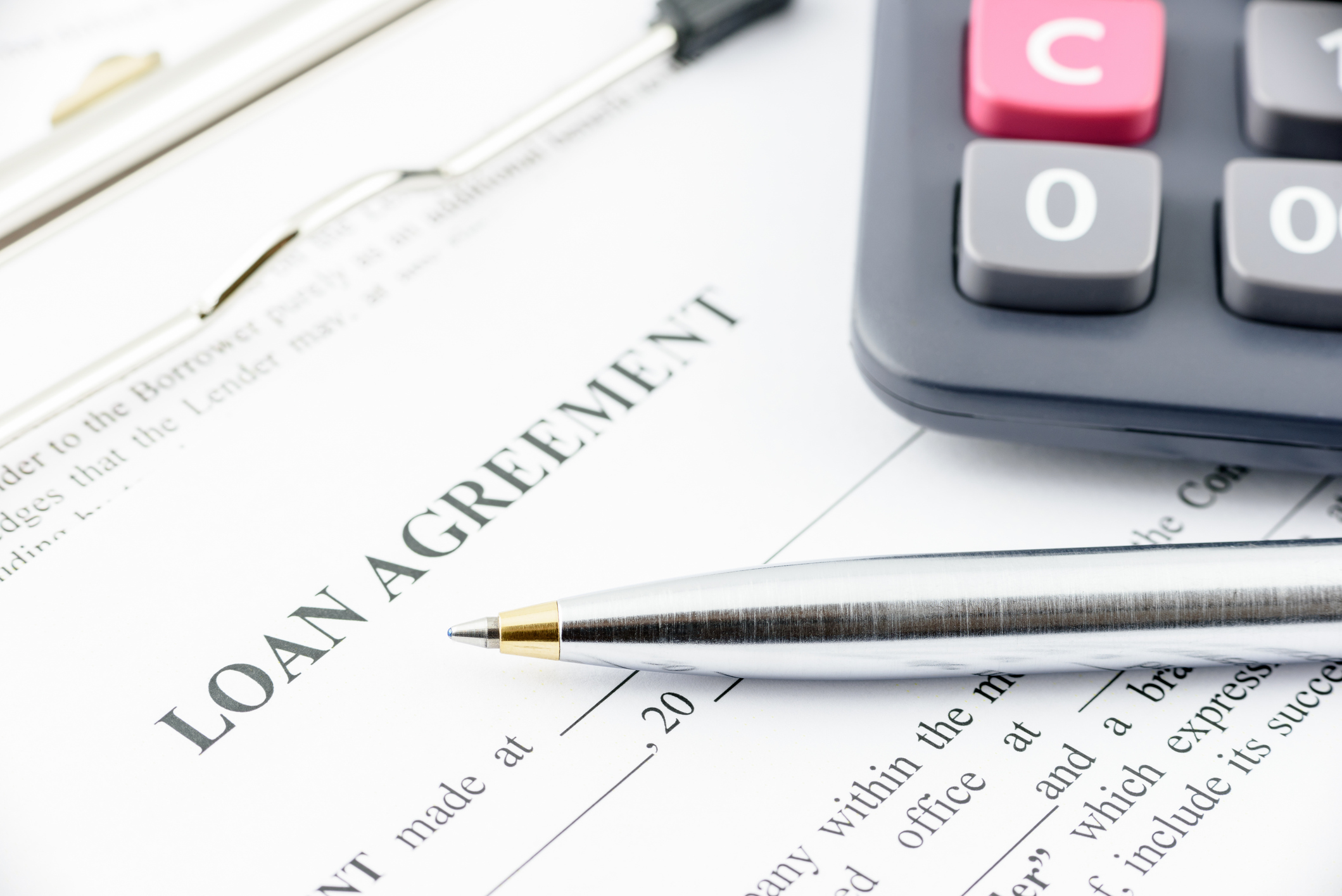
What is collateral?
Collateral, simply put, is something of value that you pledge when you borrow money. It may represent the whole value of your loan, or it may simply represent a significant percentage of the loan's value, depending on the loan's terms.
Collateral can literally be anything that's relatively easy to liquidate but tends to be whatever it is that you're borrowing to buy. This keeps the whole transaction nice and tidy, so if you default on the loan for your car, for example, the bank can take the same car, which was your collateral, and sell it to recapture the remaining balance on the loan.
Types of collateral
As mentioned above, there are lots of different kinds of collateral since literally anything that has value can theoretically be used for collateral. However, there are some purchases that rely on collateral far more frequently than others. These include:
- Cash. If you want to get a credit line and your credit is not great, or you've simply never had credit before, cash is often used as collateral for a secured credit line. This allows you to basically borrow your own money and have that payment activity reported to credit bureaus so you can establish positive credit.
- Real estate. Real estate loans, commonly called mortgages, are one of the most common collateralized loans since pretty much everyone needs a mortgage to buy a home. Because mortgages are so long and expensive, it makes sense to put the house up as the collateral for the loan -- which is why your home must appraise for the purchase price if you're getting a mortgage.
- Automobiles. Like homes, automobile loans are an incredibly common form of collateralized loans. Instead of putting your house up as the collateral, you use your newly acquired car. This is also why there are so many restrictions on automobile loans for used cars -- your bank has to make sure the asset is going to continue to be worth enough to repay the loan if they have to repossess it.
- Certificates of deposit. Using a certificate of deposit (CD) as collateral isn't an uncommon practice. This can help you get a personal loan without losing the benefit of interest from your investment.
- Business assets. If you're borrowing money for your business, it makes sense to use assets of the business as collateral. This might include things like inventory, equipment, or, in some cases, even accounts receivable.
Why loans require collateral
Many different types of loans require collateral, especially if the loan itself is risky. Although it might seem like a loan like a mortgage is a pretty low-risk gamble since everybody needs somewhere to live, the length of the loan and the sheer amount of money you're borrowing make it too much of a risk for a bank to take on without some kind of guarantee that the lender will be made whole in case of a default.
You can pretty much assume any kind of loan that is longer than a few years or for more than a few thousand dollars will require collateral unless your credit is absolutely impeccable. This includes loans like car loans, mortgages, business loans, and even personal loans, in some situations, will require you to put up something to guarantee that you'll continue to make your payments. It's not you, it's just smart lending.
The only exception to this is student loans, which do not require collateral and are instead an unusual sort of loan that's made against your future.
Related investing topics
Why choose a collateralized loan?
You will sometimes have a choice between a collateralized loan and a loan that does not require collateral. Generally, your best bet is to secure your loan with collateral. Not only do you generally get better terms (e.g., a credit card's 15% to 30% interest rate vs. a CD-secured loan with a sub-10% interest rate), but you can also borrow for much longer, making your payments more affordable.
This is why people often choose to finance home repairs using a home equity line of credit (HELOC) and buy their cars with vehicle-secured loans. If they had to do these things with credit cards or other unsecured lines, it would cost significantly more over time, and they may not be able to qualify for as much money to make their purchase or even afford it since shorter terms would make the payments very expensive.
